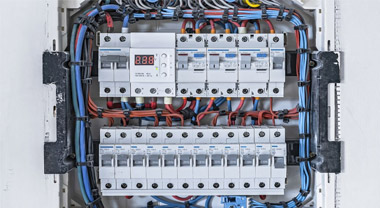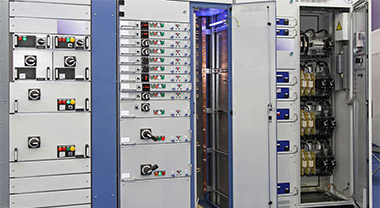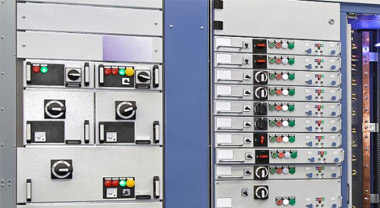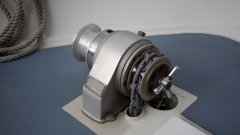How to check which breaker is magnetic and which is electronic one?
Understanding the type of circuit breaker you're dealing with is a vital part of ensuring electrical safety and efficient troubleshooting. In this detailed guide, we will explore the distinctive characteristics of magnetic and electronic circuit breakers, and provide you with a step-by-step approach on how to differentiate between the two. From initial visual checks to in-depth examinations, we'll cover everything you need to know.

Table of Contents
- What is a Circuit Breaker?
- Types of Circuit Breakers
- What is a Magnetic Circuit Breaker?
- What is an Electronic Circuit Breaker?
- How to Check Which Breaker is Magnetic and Which is Electronic?
- Conclusion
What is a Circuit Breaker?
A circuit breaker is an automatic electrical switch designed to protect an electrical circuit from damage caused by an overload or a short circuit. Its function is to detect a fault condition and interrupt the current flow to prevent electrical equipment from damage or a potential fire hazard.
Types of Circuit Breakers
Circuit breakers are generally divided into two types based on their tripping mechanisms - Magnetic Circuit Breakers and Electronic Circuit Breakers.
What is a Magnetic Circuit Breaker?
Magnetic circuit breakers, also known as Magnetic Hydraulic circuit breakers, employ a solenoid (electromagnetic coil) for the tripping mechanism. When the current flow surpasses the breaker's rating, the increased magnetic field force opens the switch, interrupting the current. These breakers are quick to respond, making them particularly suited for circuits with equipment sensitive to high current.
What is an Electronic Circuit Breaker?
Electronic circuit breakers use digital or microprocessor-based technology to monitor and control the current flow. They are programmable, allowing for different tripping characteristics based on the specific needs of a circuit. Electronic circuit breakers can offer a more nuanced protection level, including protection against overcurrent, under-voltage, frequency deviations, and other abnormalities.
How to Check Which Breaker is Magnetic and Which is Electronic?
Determining whether a circuit breaker is magnetic or electronic requires a few steps and considerations.
Step 1: Visual Inspection
Start with a visual inspection. Look for any labels or markings on the breaker that might indicate its type. Electronic circuit breakers often have additional buttons or an LED display, while magnetic circuit breakers typically have a more straightforward design.
Step 2: Manufacturer's Specifications
If visual inspection does not provide a definitive answer, consult the manufacturer's specifications or user manual. This documentation will provide detailed information about the breaker, including its type and operation.
Step 3: Physical Characteristics
Magnetic breakers are typically larger due to the size of the electromagnetic coil inside them. In contrast, electronic breakers can be smaller due to the compact nature of digital or microprocessor components.
Step 4: Performance Characteristics
Understanding the performance characteristics can also be a hint. Electronic breakers can offer more advanced features, such as programmable settings, detailed fault reporting, and adjustable tripping characteristics.
Conclusion
Differentiating between magnetic and electronic circuit breakers is essential for proper maintenance and troubleshooting of your electrical systems. By following the steps outlined in this guide, you'll be well-equipped to identify the type of circuit breaker you are dealing with. Always remember, understanding your electrical components is the first step to ensuring a safe and efficient electrical system.




